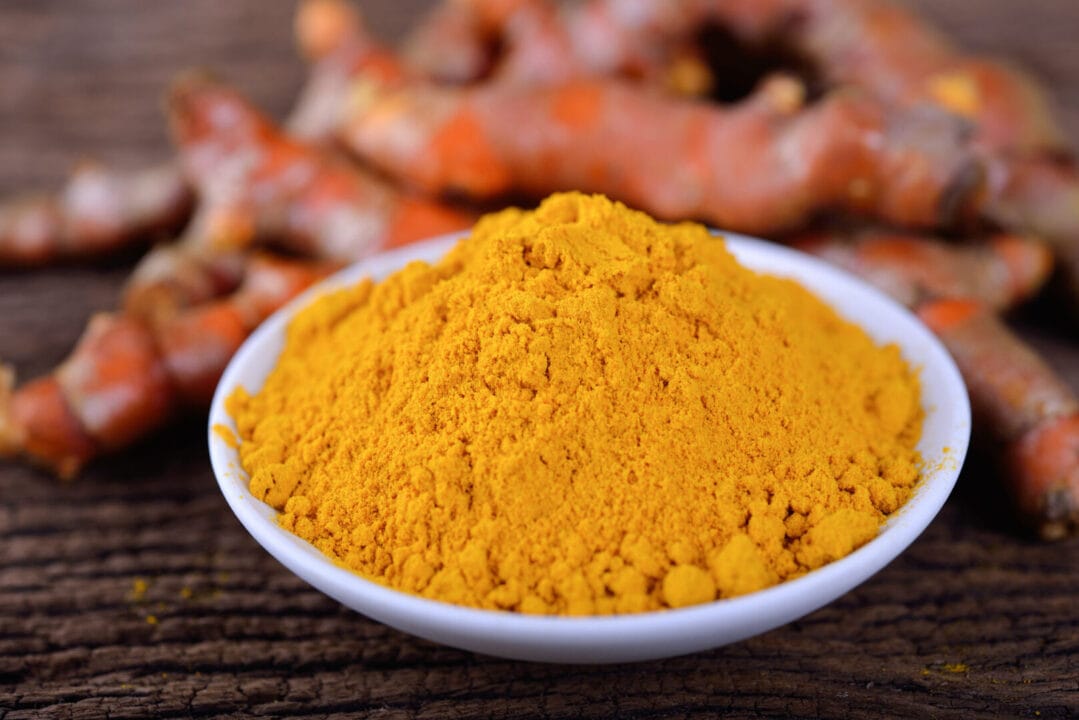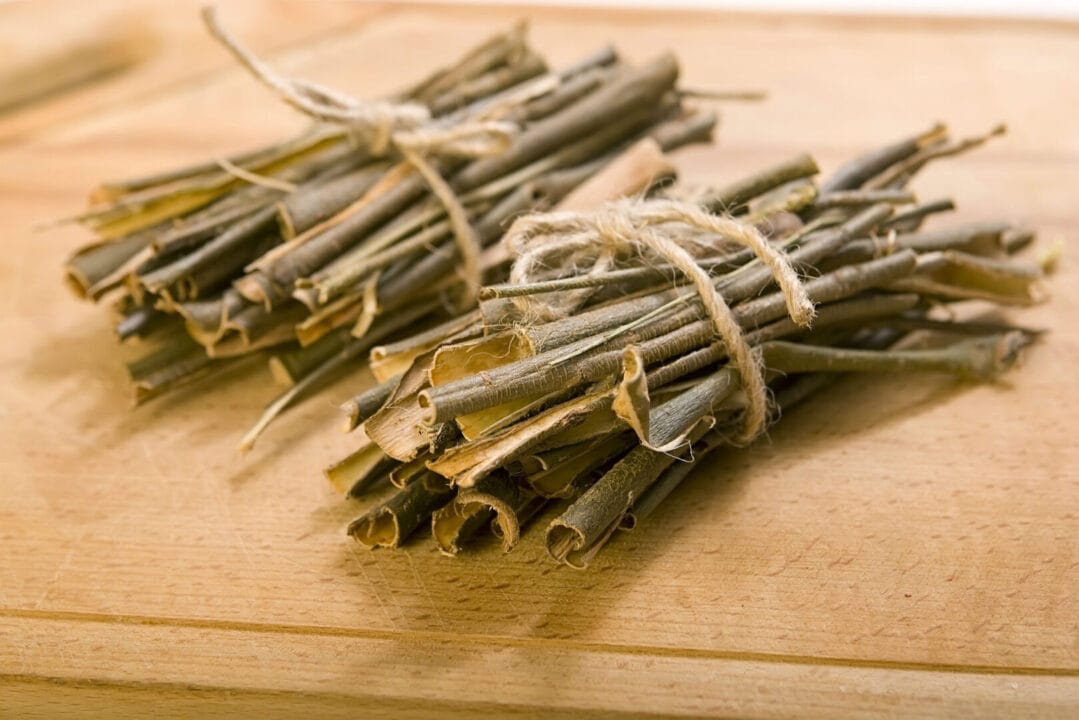Everyone has different thresholds when it comes to pain and not all of us are able to grit our teeth and just bear any pain. Additionally, some people may be allergic to active ingredients in over-the-counter painkillers.
Other than allergies, painkillers could have side effects, interact with your other medications and with frequent use, it could spiral into addiction.
If you’re trying to lessen your use of painkillers, here’re some natural alternatives that might interest you.

TURMERIC
Turmeric is what gives curry its colour and wonderful flavour. A compound called curcumin is found in turmeric and it is an antioxidant which helps protects against free radical molecules that can damage our cells and tissues. Conditions that turmeric could help include indigestion, ulcers, stomach upset and psoriasis. Additionally, turmeric could also help relieve pain for people with osteoarthritis because it helps relieve inflammation.

CLOVES
Cloves could help with nausea and colds in addition to headaches, arthritic inflammation and toothache. Clove oil can be used topically as a pain reliever in the case of toothaches. Some people rub a little bit of clove oil on their gums to ease the pain until they can get to a dentist. Eugenol is the active ingredients in cloves and it is also present in some over-the-counter pain rubs. A word of caution before going ahead and dousing your gums with clove oil. Using an excessive amount of undiluted clove oil can conversely cause harm to your gums instead of relieve pain.

ICE AND HEAT
Ice and heat are tried and true methods of relieving pain especially when it comes to sports-related sprains. Ice should be used shortly after the injury to reduce swelling and inflammation of the strained muscle, tendon, or ligament. Once the swelling goes down, heat in the form of a towel soaked in hot water could help reduce the stiffness that usually occurs with sprains. Other than sports-related sprains, a cold pack can be used for a short while on the head to help relieve a throbbing headache. If any pain, whether if it’s a sprain or a headache, persists, do see a doctor to make sure that it isn’t something worse.

WILLOW BARK
Willow bark has been used throughout the ages as a natural pain reliever and in olden times, the bark is chewed to relieve pain and fevers but now, it can be found in powdered and liquid supplement forms. The bark contains salicin, which is similar to the main ingredient in aspirin. It has been found to be beneficial in relieving headaches, lower back pain, osteoarthritis and more. However, willow bark needs to be taken with caution as it could cause stomach upset, slow down the function of your kidneys and cause excessive bleeding much like aspirin. Another thing to note is that again, much like aspirin, willow bark can be poisonous if ingested by children. Avoid willow bark if you’re sensitive to aspirin or other over the counter anti-inflammatory drugs such as ibuprofen or naproxen. If you’re taking warfarin or any other anticoagulants, willow bark could increase the risk of bleeding so it’s best to check with your doctor to prevent any negative side effects.
Do take all of this with a pinch of salt because these methods may be great natural alternatives, but your safety is of the utmost importance. If at all you’re unsure of whether or not to try these methods, check with a medical professional to ensure that there are no drug interactions and also whether the method is suitable for your lifestyle.











